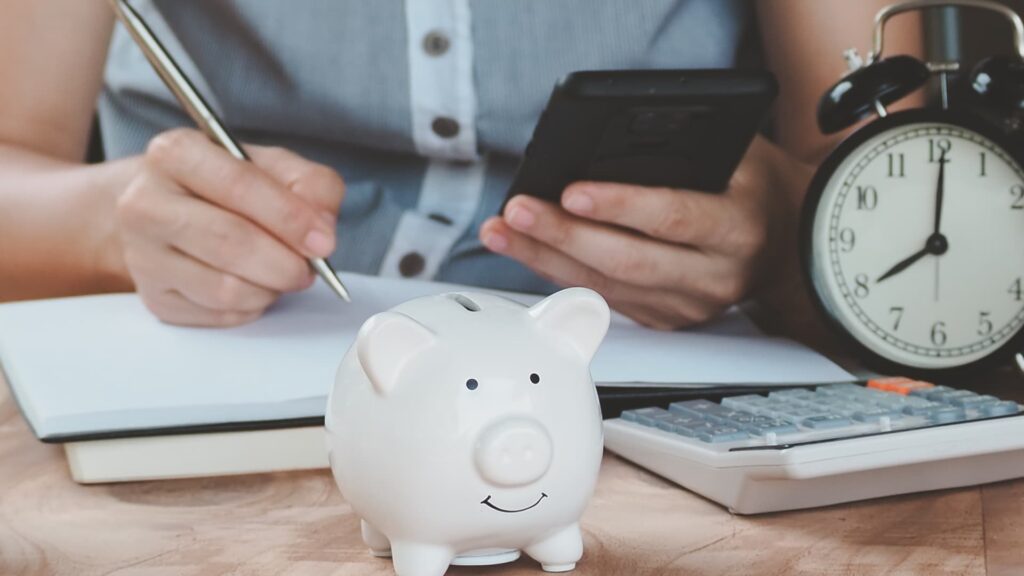
Unexpected expenses can pop up anytime. And for many people, these expenses seem to always arise at the worst possible moments, like getting in a car accident when you’re forgotten to renew your insurance or having a big bill pop up after you’ve just bought something expensive. But one thing you can do to not have unexpected expenses wreak havoc with your financial security is to have an emergency fund ready to tap into when needed. However, actually putting money into an emergency fund won’t be easy for everyone.
If you’re currently struggling with this, either in concept or execution, here are three tips for building an emergency fund.
Think About How Much You Can Afford To Set Aside Each Month
An emergency fund is only ever going to get started if you intentionally start diverting money into this type of savings account. So to make this possible for you, you need to think about how much money you can afford to set aside each month.
Even if you’re only able to set aside a few dollars a month at this point, changing your mindset so that you’re thinking about saving can make a big difference. And, once you’ve created the habit of putting emergency savings into your budget and have consistently started doing this, it might become easier to put more money aside in the future.
Commit To Putting Any Extra Toward Your Emergency Fund
While you might not have a lot of money in your typical budget to allocate toward an emergency fund, one thing that you can do to help to more quickly build your emergency fund is to commit to putting any extra money you get toward this savings account.
If you get a bonus at work, get money back during tax time, or are given a financial gift for some reason, already committing in your mind that you’re going to save this money rather than instantly spend it can help you to build up your emergency fund even if you’re not able to contribute a lot of money on a monthly basis.
Make Contributing Money A Habit
If you haven’t gotten into the habit of putting money toward an emergency fund in the past, getting into the habit of budgeting in this way can take some getting used to. But if you’re able to make contributing money a habit that you expect to do on a weekly or monthly basis, it will soon become second nature to you. And when this happens, you’ll be surprised at how quickly your savings are able to add up.
If you’re ready to start giving yourself a financial cushion for when unexpected expenses arise, consider using the tips mentioned above to help you get started on building your emergency fund.
